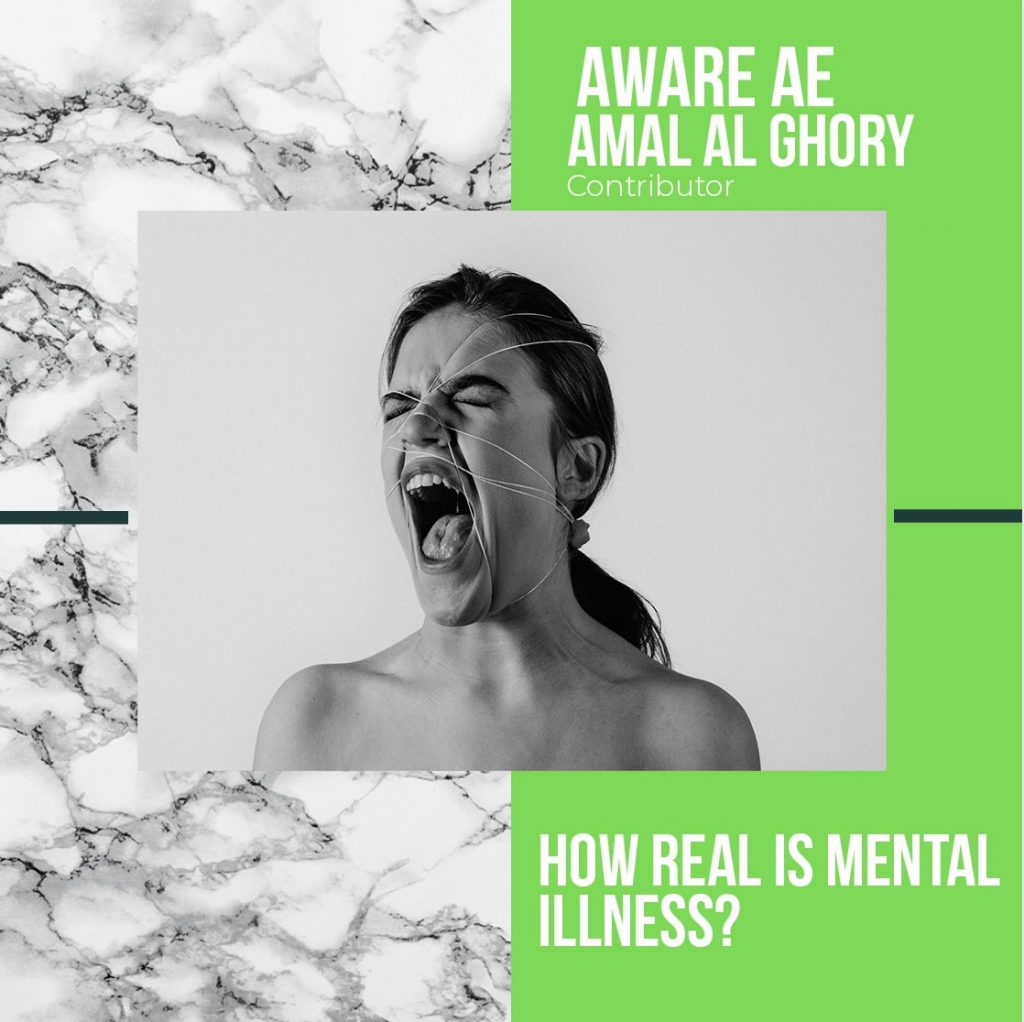Trigger warning: this article discusses mental illnesses.
In simple words, a mental illness is a health condition that alters an individual’s emotions, thoughts, and behaviors. It is a medical condition like any other and should not be anything to be ashamed of. Yet, a large part of the world’s population makes it harder to speak up about it. Considering that vision forms 80% of our impressions of the world, it is understandable that mental illness often goes dismissed as it can be hard to directly see. This is a major reason why the stigma around it exists and the reason why so many patients struggle to get better. While a broken limb might be obvious as it is often wrapped in a cast until it heals, mental illness remains cased in a skull, leaving no trace and appearing invisible, despite needing just as much care.
Despite being “invisible”, mental illnesses affect us just as intensely as a physical illness does. Decades of research from various institutions all over the world show that mental health has a significant impact on physical health.
Stress
Stress is your body’s reaction to any threat. When stressed, your body produces cortisol and adrenaline, activating a “fight-or-flight” mode with the intention of maximizing your chances of surviving the threat. These hormones affect several organ systems:
- Musculoskeletal: Muscles contract and tense up, triggering tension headaches and migraines.
- Respiratory: Breathing rate increases causing hyperventilation and possibly triggering panic attacks in some individuals.
- Cardiovascular: Heart rate increases and dilation of blood vessels leading to major muscles and the heart increases. When repeated or prolonged, this may lead to a heart attack.
- Gastrointestinal: An Individual may be prompted to eating much more or much less than usual, experience nausea, pain, or even vomit.
- Reproductive: In males, chronic stress may reduce testosterone secretion and sperm production. In females, stress can cause absent, irregular, or more painful periods.
Depression
Depression is a mental illness associated with prolonged low moods but can take on a variety of different forms. Just like a physical illness, depression has its fair share of physical symptoms. Some symptoms a depressed individual may experience are constricted blood vessels, fatigue, increased muscle aches, headaches, and a weakened immune system. Depression not only causes physical symptoms but also increases an individual’s risk for other diseases such as obesity and heart disease.
Anxiety
Anxiety is an illness many people are familiar with but is still dismissed by many others. With strong ties to stress, it shares many of its physical symptoms and effects such as an increased heart rate, hyperventilation, muscle aches and tension, and digestion problems. In addition to these symptoms, anxious individuals may experience insomnia, increased sweating, and a weakened immune system, leaving Individuals more susceptible to other physical illnesses.
As mentioned previously, mental illnesses may be dismissed due to not being obvious from a glance, but they still very much exist and have a real impact. Sometimes, we can criticize ourselves for not showering in a while or having trouble getting out of bed, but it is crucial to remember that, despite not being directly visible, you are still living with an illness. Take care of yourself the same way you would if you have a broken limb or a fever. You would not be critical of yourself if you struggled with a basic task if it was due to a physical illness, and you should not do that with a mental illness either.
